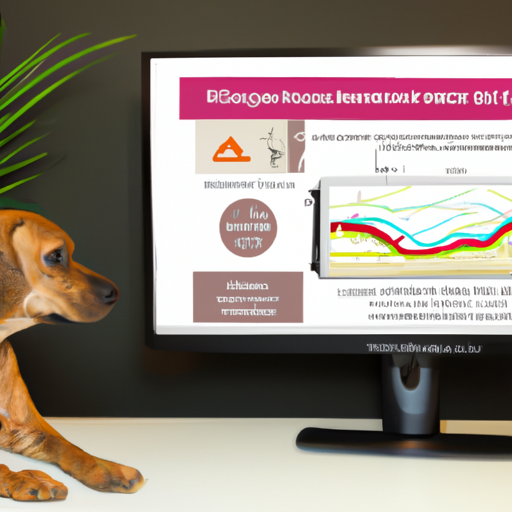Understanding the Enemy: What are Hookworms?
Hookworms are tiny, nefarious parasites that can pose a serious risk to your pet’s health. They latch onto your dog’s intestinal wall, feeding off their blood and causing an array of health issues, from anemia to diarrhea. Understanding the enemy is the first step in your mission to rid your furry friend of these unwanted invaders.
The Battle Plan: Recognizing the Symptoms
Now that you’ve identified the enemy, it’s important to know the signs of a hookworm invasion. Your dog’s wellbeing is in your hands, so keep an eye out for:
- Pale gums
- Diarrhea
- Weight loss
- Reduced appetite
- Weakness and lethargy
Please note, puppies are especially vulnerable to hookworms and may exhibit severe symptoms like a dark, tarry stool or a potbellied appearance.
Weapons of Choice: Treatment Options
Once you’ve confirmed the presence of hookworms, it’s time to arm yourself with the right weapons for this battle. Your veterinarian will be your main ally here, providing a range of treatment options:
- Antiparasitic medication: These are usually given in two doses, two to three weeks apart. The most commonly used drugs are Fenbendazole and Pyrantel Pamoate.
- Iron supplements and Blood transfusion: In severe cases of anemia, your vet may recommend these treatments.
| Treatment | Age | Dosage |
|---|---|---|
| Fenbendazole | Above 6 weeks | 50 mg/kg |
| Pyrantel Pamoate | Above 2 weeks | 5 mg/kg |
Building Defenses: Preventing Reinfestation
The battle may be won, but the war isn’t over until you’ve fortified your defenses and prevented these parasites from making a comeback. Here’s how:
- Regular fecal exams: These should be done every 6-12 months.
- Lawn care: Regularly clean up after your pet to prevent eggs from hatching in the soil.
- Preventive medication: Talk to your vet about monthly heartworm medications that also control hookworms.
The Aftermath: Long-Term Health Monitoring
After successful treatment, it’s crucial to monitor your dog’s health. Regular vet visits, proper nutrition, and preventative care are key to ensuring your pet’s continued good health.
FAQs
Q: How do dogs get hookworms?
A: Dogs can get hookworms through ingestion of larvae from the environment, from their mother’s milk, or through the skin.
Q: Can I get hookworms from my dog?
A: Yes, though it’s rare. Always practice good hygiene when handling your dog’s feces.
Q: How long does it take to get rid of hookworms?
A: It typically takes 2-3 weeks with proper treatment.
Remember, you’re not just a pet owner, you’re a caregiver. Your vigilance and dedication play a crucial role in your pet’s health. By following these steps, you can ensure your dog lives a happy, hookworm-free life.



